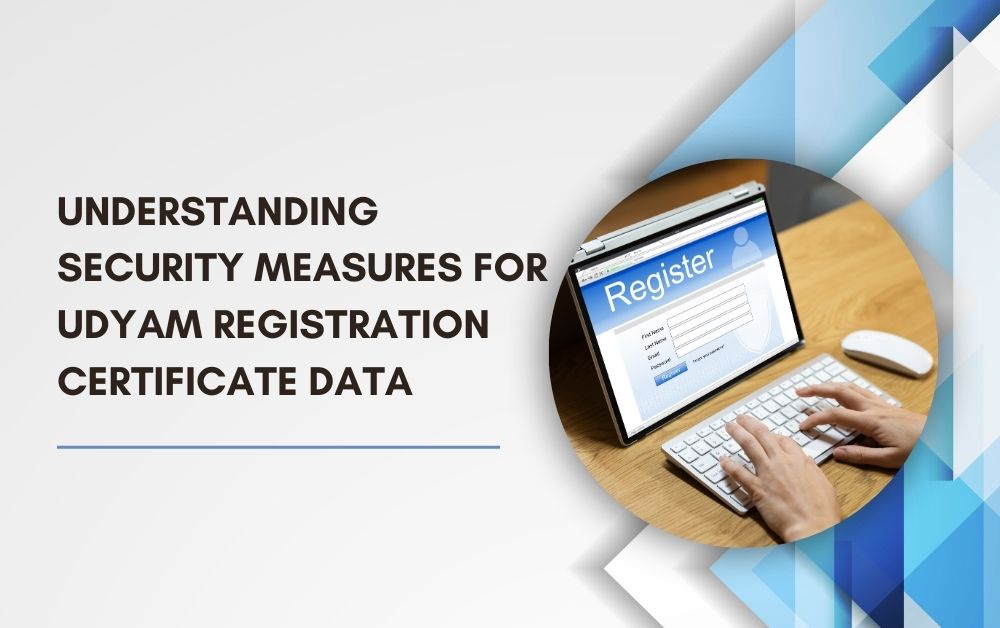In today’s digital age, safeguarding sensitive information is paramount. For businesses in India, the Udyam Registration Certificate holds vital data that must be protected from unauthorized access and misuse. Understanding the security measures in place for Udyam Registration Certificate data is crucial for ensuring the integrity and confidentiality of this information.
What is Udyam Registration Certificate?
Before delving into security measures, let’s briefly discuss what the Udyam Registration Certificate is. In India, the Udyam Registration Certificate is a government-issued document that certifies a business entity as a Micro, Small, or Medium Enterprise (MSME). It replaces the earlier system of registering under the MSME Act and is a key requirement for availing various benefits and incentives provided by the government to MSMEs.
Importance of Data Security
With the Udyam Registration Certificate containing sensitive business information, including details about the company’s operations, turnover, and ownership, ensuring its security is of utmost importance. Any breach of this data could lead to severe consequences, including financial losses, reputational damage, and legal liabilities.
Security Measures Implemented
Now, let’s explore the security measures that are typically implemented to protect Udyam Registration Certificate data:
1. Encryption
Encryption is a fundamental security measure that converts sensitive data into a coded format, making it unreadable to unauthorized users. By encrypting Udyam Registration Certificate data, businesses can ensure that it remains protected from prying eyes even if it is intercepted.
2. Access Controls
Access controls are mechanisms that restrict access to data based on user roles and permissions. Implementing robust access controls ensures that only authorized individuals within the organization can view or modify Udyam Registration Certificate data. This helps prevent unauthorized access and reduces the risk of data breaches.
3. Secure Authentication
Secure authentication methods, such as multi-factor authentication (MFA), add an extra layer of security to the Udyam Registration Certificate data access process. By requiring users to provide multiple forms of identification, such as passwords, biometric scans, or one-time codes, businesses can mitigate the risk of unauthorized access, even if login credentials are compromised.
4. Regular Audits and Monitoring
Regular audits and monitoring of access logs and user activities are essential for detecting and mitigating potential security threats. By continuously monitoring access patterns and identifying any suspicious behavior, businesses can take proactive measures to safeguard Udyam Registration Certificate data.
Also read:- Why Udyam Registration is a Stepping Stone for Business Growth?
5. Secure Storage
Storing Udyam Registration Certificate data in secure, encrypted databases or cloud storage solutions adds an additional layer of protection against data breaches. By utilizing industry-standard encryption protocols and implementing robust access controls, businesses can ensure that their sensitive data remains safe from unauthorized access or tampering.
Conclusion
In conclusion, protecting Udyam Registration Certificate data is vital for safeguarding the interests of MSMEs in India. By implementing robust security measures, such as encryption, access controls, secure authentication, regular audits, and secure storage practices, businesses can mitigate the risk of data breaches and ensure the confidentiality and integrity of their sensitive information. By prioritizing data security, MSMEs can focus on their growth and success without worrying about the potential threats posed by unauthorized access or misuse of their Udyam Registration Certificate data.

